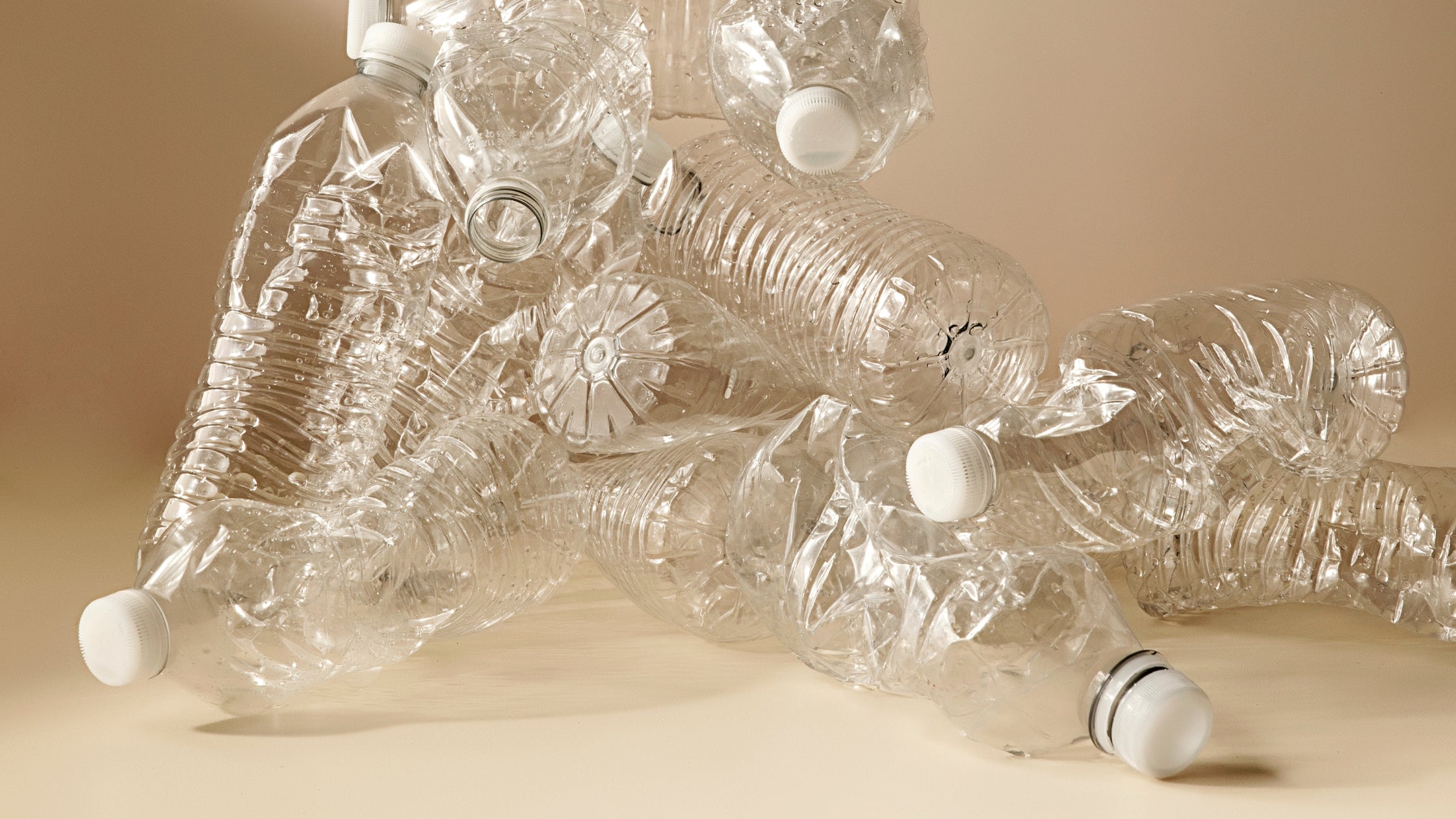2021 was a challenging year dominated by the pandemic. There were several measures taken which are a step in the right direction. Although there is a long way to go before saving the planet, 2021 has been a step forward in the right direction.
Here are 10 noteworthy environmental wins from 2021:
1. Commitment to Net-Zero Emissions
The concept of “Net-zero” was to ensure the balancing of carbon emissions and carbon removal. The plan is to eliminate excess carbon from the atmosphere by 2050.
Several countries such as the US and UK have committed to the plan, while Russia, China and Saudi Arabia have committed to achieving a target by 2060.
2. Phasing Out of Coal and Commitment to Reduce Methane Emissions
On 13 November 2021, 40 countries participating in UN’s climate change conference COP26, agreed to phase out coal and to stop investing in it.
Phasing out coal minimises emissions which is essential to reducing global warming.
South Korea, Poland, Indonesia, Ukraine and Vietnam have committed to stop building coal plants and phase out its use by 2030.
3. Maintaining the 1.5 degrees Global Temperature Rise
One of the outcomes of COP26 summit was to keep the goal of 1.5°C temperature rise in focus.
Leaders from over 100 countries took the pledge to eliminate deforestation by 2030. Further, with methane being considered among the most harmful of greenhouse gases, the countries have established a strategy to minimise methane emissions by 30%.
These initiatives are important to keep the likelihood of achieving the 1.5°C a reality.
4. Creation of a Marine Protected Area created in the Pacific Ocean
In November 2021 Costa Rica, Ecuador, Panama and Colombia established a mega marine protected area (MPA). The MPA will create a large protected area in the equatorial Pacific Ocean. This is critical to protecting the critical migration routes for sharks, turtles and whales.
It is envisioned that by 2030, creating linked maritime boundaries will result in at least a third of the oceans turning into protected habitats.
5. Revival of Species on the Brink of Extinction
Several species of animals and marine life which have become almost extinct are making a recovery.
These include red kites, pandas, humpback whales and eastern barred bandicoots.
40,000 humpback whales now migrate through Australian waters every year. The eastern barred bandicoot number 1,500 from 150 after 30 years' of consistent conservation effort.
Breeding efforts for red kites from South England have seen an increase from 37 pairs in the mid-1990s to 2000 breeding pairs. Giant pandas have recovered from the brink of extinction to roughly 1800 today.
6. New Species Discovered
Several new species have been discovered in 2021 to add to our ecosystem.
These include spiders found in Papua New Guinea, chameleons in Madagascar, distinct species of tree frogs in Australia, star octopus in Australia and many varieties of ants, bugs, beetles and reptiles.
7. Expansion of Protected Area Around Galapagos Islands
In November 2021, Ecuador president, Guillermo Lasso announced an expansion of the marine-protected area around the Galapagos by 60,000sq km.
The area is native to species such as marine iguanas, giant tortoises, sea lions, penguins and frigatebirds.
The area is threatened by illegal fishing and climate change Expanding the protected area is expected to preserve its wildlife and unique natural beauty.
8. Record Increase in Renewable Energy
According to a report from the International Energy Agency, it is estimated that wind farms, solar installations and other technologies have increased the production of renewable power by 290 gigawatts.
If the trend continues, by 2026 the capacity of renewable energy could exceed the current capacity of nuclear energy and fossil fuels in the world.
9. Saving the Great Barrier Reef
Coral bleaching has been responsible for threatening Australia’s Great Barrier Reef.
In 2021, scientists began using man-made pools in a process where eggs are moved from areas in which coral has been growing and transferring them to areas damaged by storms or bleaching.
Dubbed as “coral IVF”, the process has resulted in billions of new baby coral and scientists expect the process to make a significant impact in recovering the world’s reefs.
10. Seabed Mining Shut Down in New Zealand
The New Zealand government has prevented a major seabed mining operation in the South Taranaki Bight from proceeding.
In September 2021, the government revoked consent to mine the area which is home to Maui dolphins, Pygmy blue whales and blue penguins. It also has a large coral reef system.
At Skipper, Environmental protection is at the heart of our business and we are committed to bringing innovative products to the market like our soap tablet which is not only better for washing hands, but also for the environment.









